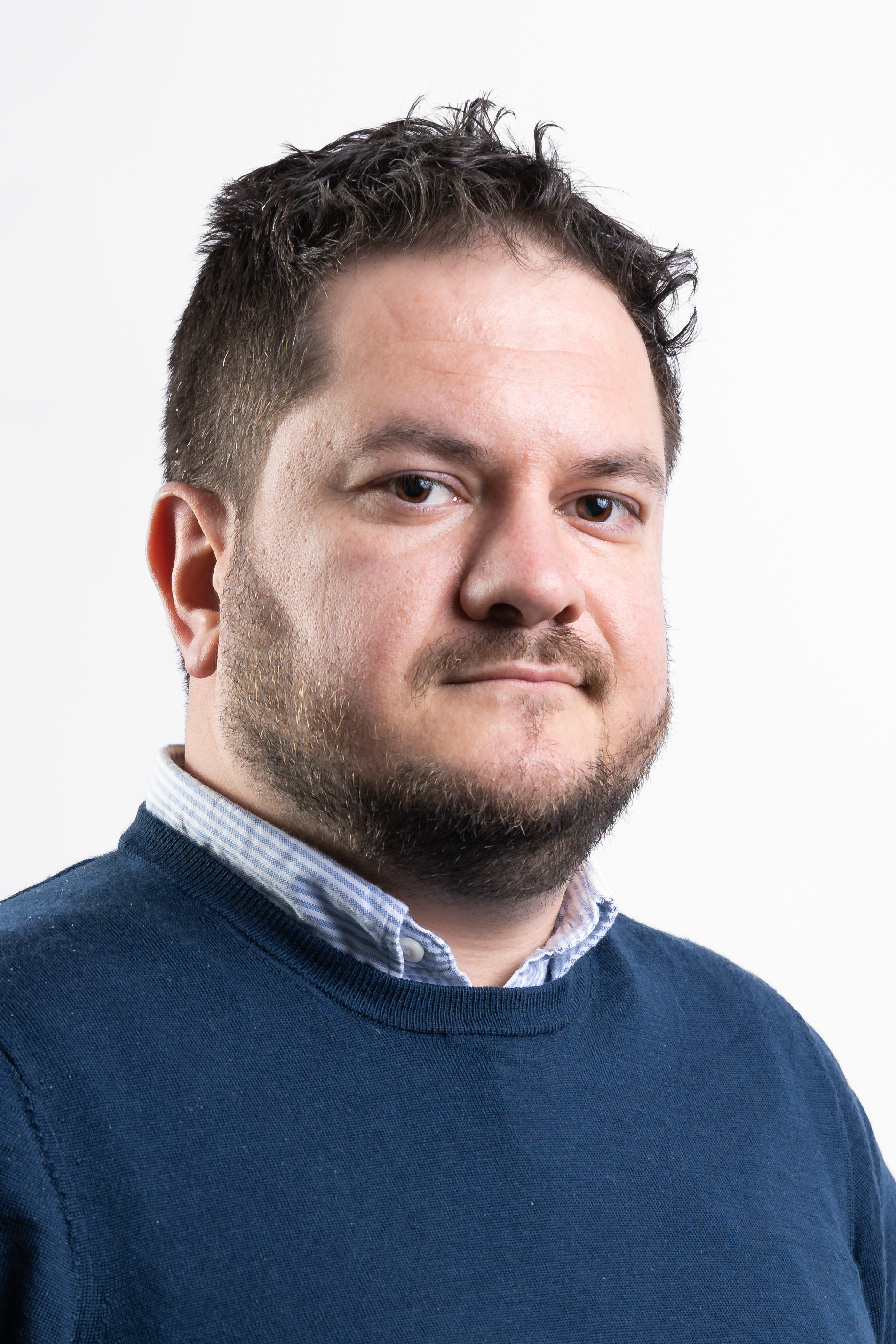
Davide Fucci, Ph.D.
Assistant Professor at Blekinge Institute of Technology (BTH), Sweden
In general, Davide research focuses on Empirical Software Engineering,
specifically on data-driven requirements engineering and automated software testing.
He was the recipient of the first Open Data Recognition Award at the Empirical
Software Engineering and Measurement conference (ESEM) in 2018 as well as organisers
and committee members of several Artefact Evaluation tracks (e.g., ICSE, RE).
You can find more information and reach him at http://dfucci.co.
Talk
Software Engineering Research: just snacking at the FAIR data buffet?
As more and more software engineering studies have become data- and code-intensive, research outlets and publishers have organized artefacts tracks, fostered dataset submissions, and distributed badges. Although commendable, these initiatives are only the first steps towards making research data more FAIR (Findable, Accessible, Interoperable, Reusable), and ultimately promote reuse, reproduction, and adaptation of research results. The FAIR principles bring about a set of challenges (e.g., long-term preservation, timely release, interdisciplinary use) which the SE research has not started to tackle yet but that have been in the public discourse of other disciplines for few years now.In this talk, I will present what is the current state of affair with respect to FAIR principles in SE venues, and compare it to neighbouring fields (e.g., machine learning) as well as other data-intensive disciplines (e.g., astronomy, biology). I will conclude with future perspectives that can guide editors, authors, as well as educators of the next generation of researchers to tackle the issues posed by truly FAIR data.